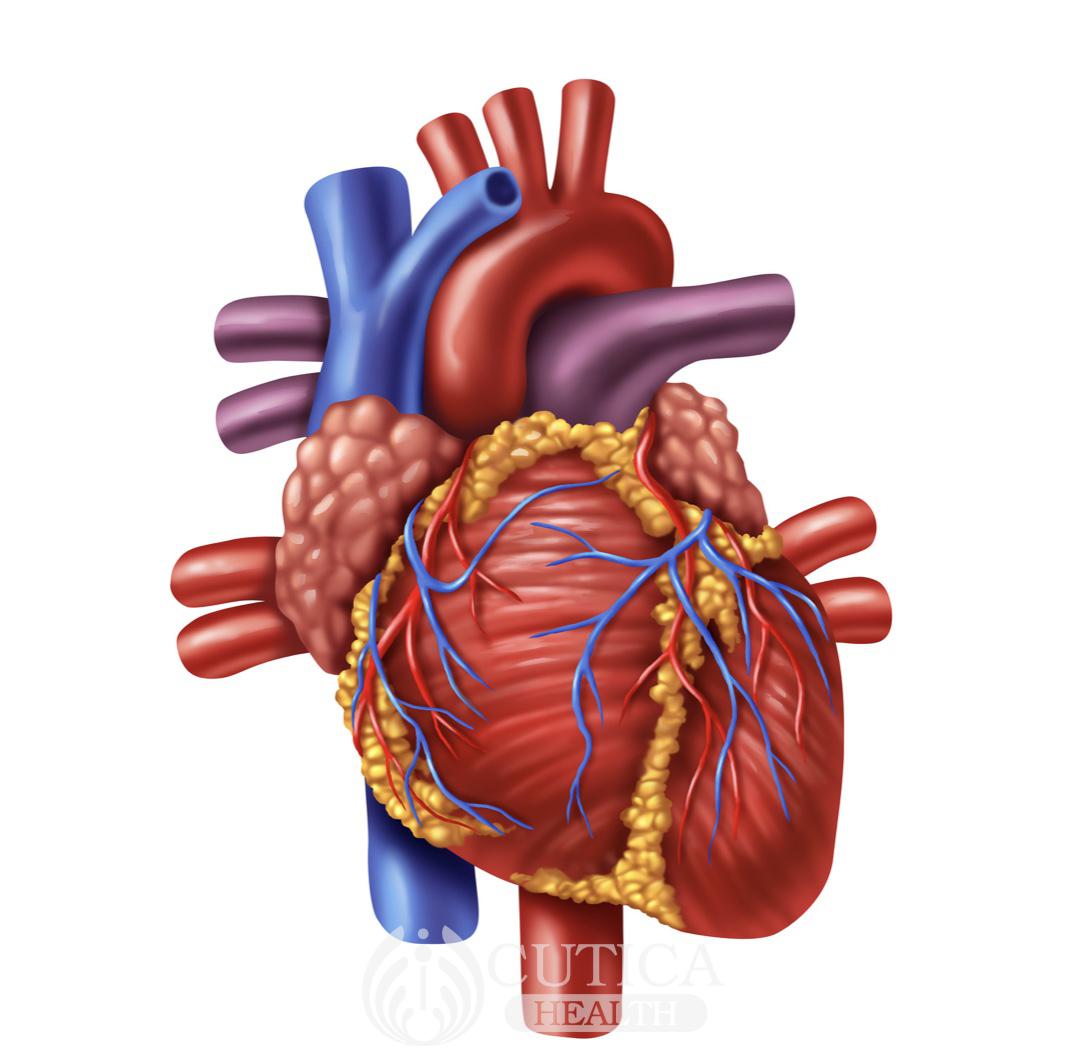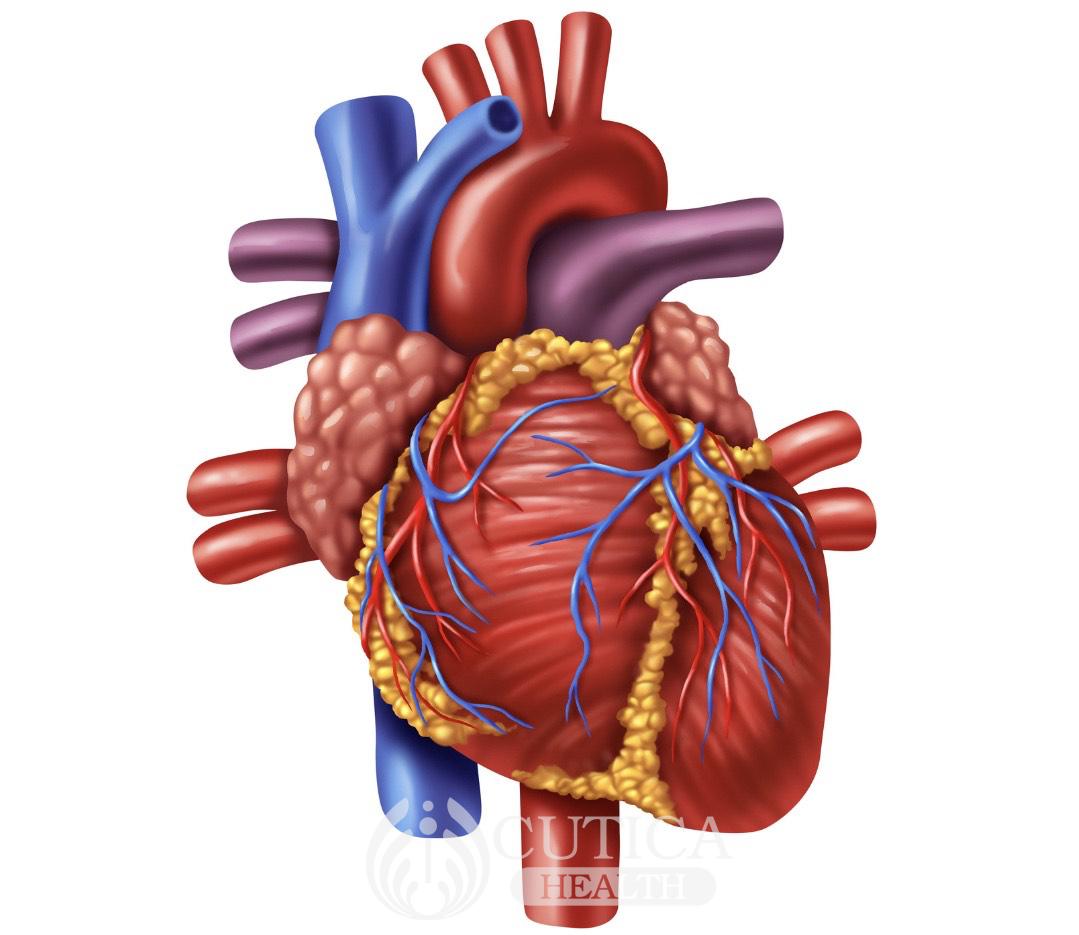
At the time, some physicians believed fasting to be a demand the body places on itself to heal, as most people tend to lose appetite in certain disease states. While this belief is no longer considered accurate, many facts support the health benefits of fasting. It is possible to fast safely even while living with chronic medical illness.
What is fasting?
Fasting refers to abstinence from food or drinks other than water for a period of time. The period of abstinence is variable but, medically speaking, is at least 8 hours.
How the body gets its energy source (glucose) during fasting

Some Health Benefits of Fasting
1. Weight Loss

While it is not a standard recommendation, intermittent fasting can help some people to lose weight because it breaks down fat to produce energy for the body and limits caloric intake. Weight loss can also be achieved by simply lowering overall food intake during meals without fasting. The safe and effective approach varies from one person to another.
2. Improved Blood Sugar Control
Fasting achieves this by lowering blood sugar levels and improving the body’s sensitivity to insulin, the main hormone that the body uses to regulate sugar levels.
3. Other Health Benefits
Another potential health benefit of intermittent fasting is a lower risk of some chronic diseases such as high blood pressure and heart disease. This is often due to indirect effects of better controlled weight, blood sugar and cholesterol due to intermittent fasting. It appears fasting can also improve health by lowering inflammation.

Inflammation is one of the ways the body responds to presence of potentially harmful things. While inflammation can help fight off such harmful things, prolonged and excessive inflammation becomes counter-productive and causes harm. This is one of the underlying drivers of some chronic diseases.
The Do’s and Don’ts of Fasting
Fasting has potential health benefits as listed above, but it may have adverse effects if not done right. To forestall these, here are the do’s and don’ts you should have in mind:
1) If you are living with a chronic medical condition and intend to fast for any reason, do not stop your medication(s) or skip doses on your own. If you are concerned about taking your medications on an empty stomach or are unsure whether it is safe for you to fast, consult your doctor for advice.
- diabetics in particular should get medical advice before fasting as it may be necessary to adjust their treatment.
- Before and after fasting, stay away from, or at least limit, these diet choices that can negate the potential health benefits of fasting. .
2) Sweetened beverages because they expose your body to excess sugar

- “junk” foods that have been processed using additives that have unknown health effects.
3) Avoid fasting without consulting your doctor if you have a psychological disorder related to eating, are pregnant, or have a condition that has special nutritional requirements such as a large wound.
Fasting has been practiced for thousands of years. Now, science has begun to show its health benefits, revealing how fasting improves and lowers the risk of several diseases. While fasting may be good for the soul and also the body, remember to do it safely.












